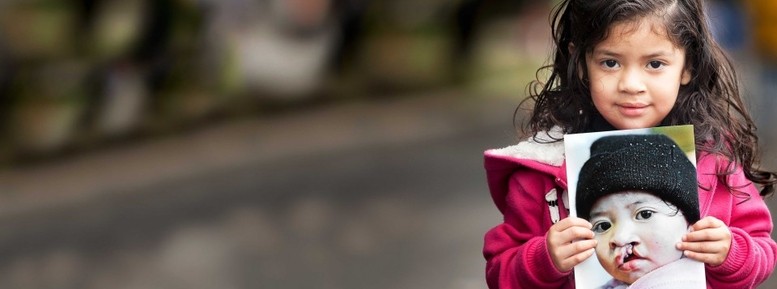
We believe that everyone is worthy of honor and respect – to be able to smile, feel a sense of pride and live a dignified life.
However, many people living with unrepaired cleft conditions experience types of poverty that aren't measurable in financial terms. No one deserves to live in hiding – to be stripped of identity, humiliated and abused. For most of us, it's hard to imagine being the target of such mistreatment. This is the reality many of our patients face every day before receiving surgery.
We know we have the means to end this needless suffering – a surgery that takes as little as 45 minutes – and it starts with the compassion and generosity of people who ensure we can reach some of the world's most marginalized people with life-changing surgical care.
Below, we explore the deeper contexts of poverty, its relationship to dignity and how our patients' lives are changed far beyond a physical transformation.
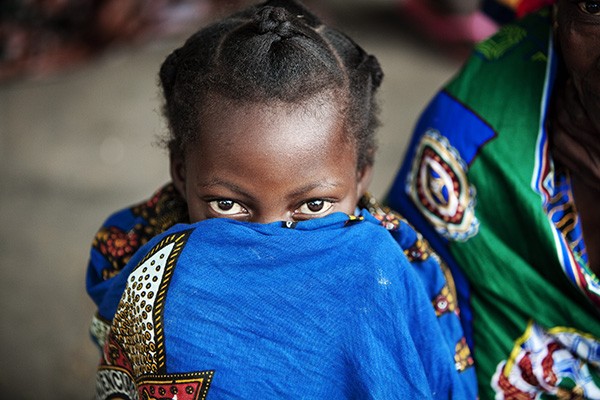
Poverty is more than just a lack of financial resources.
It's is a lack of basic capabilities rather than merely low income. You’re deprived of the opportunity to make decisions about the life you want to live. You're unable to make good decisions because there are no good decisions to be made.
Being born with a cleft in a place where surgery is inaccessible or unavailable can be seen as its own form of poverty. You are denied the same opportunities afforded to others in your community, whether that’s based on social stigma or deep-rooted superstitions. The reality is that you can’t interact with people who refuse to interact with you. That’s where poverty goes from being just a lack of money to a lack of opportunity, a lack of choice and a lack of knowledge. What if you never knew a cleft condition could be fixed, or even how to access basic health care? In those cases, there aren't decisions to be made at all.
Of course, money is still an obvious factor. For example, you may learn that a medical mission is coming to the nearest city, but have to drain your family’s resources just to make the bus trip. Now the decision becomes, “Do I feed my family today, or do I take my child to receive free surgery?” This is a choice no one should have to make.
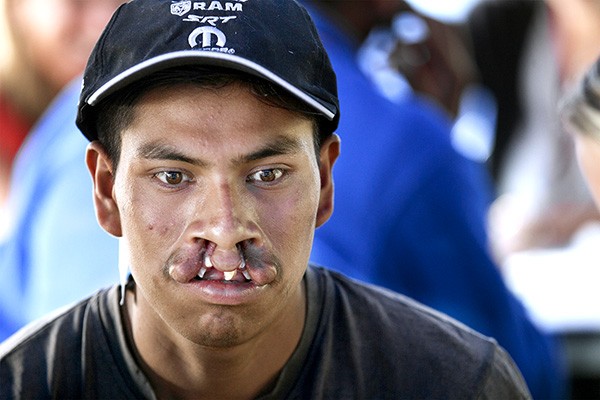
There’s the idea that poverty is the opposite of dignity.
We can think of dignity as the quality of being worthy of honor or respect and having a sense of pride in oneself. Everyone should be entitled to these qualities, but many of our patients tell us they are physically abused, live hidden away, lose their individual identities and feel constantly humiliated. These symptoms are also experienced in poverty and lead to a lack of dignity.
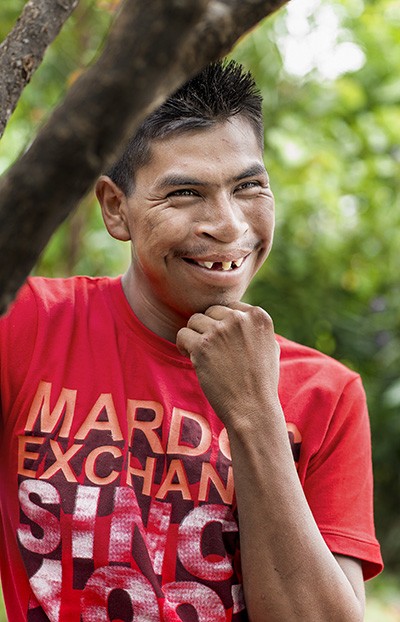
Imagine living a life like Virgilio, who feared torment and ridicule so much that he rarely ventured outside of his family’s house in Mexico until he received surgery at age 20, or Efren, who was called “bungi,” a derogatory name for cleft in the Philippines. His real name was ignored and he became identified solely by his cleft condition. Imagine being defined by what brings you the most suffering in life.
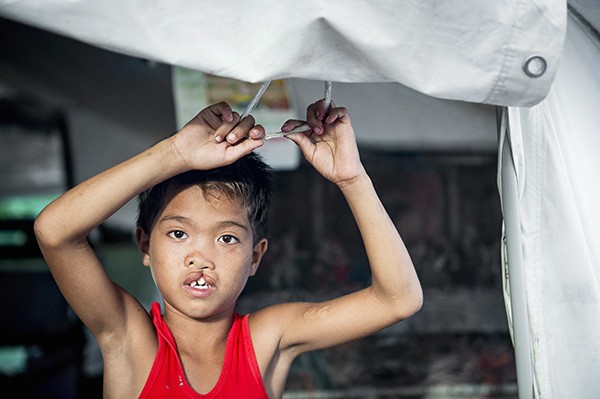
These stories echo across the globe. Dignity always suffers under these conditions – these children and their families feel like there is no hope. The truth is that without access to cleft surgery, there often isn’t any. It’s nearly impossible to feel a sense of worth when your humanity is constantly devalued due to something that's completely out of your control. In dignity's place, the crushing effects of poverty become pervasive.
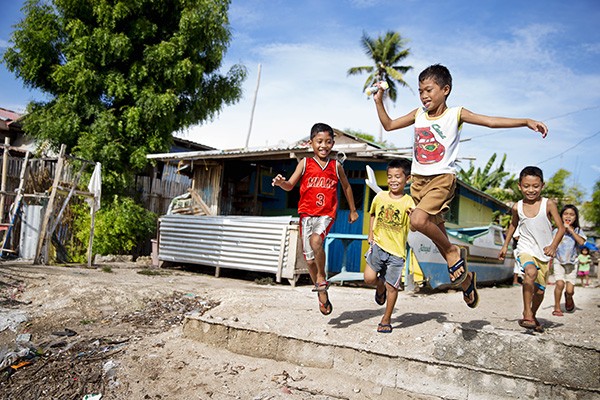
But providing someone with access to the surgery that they always deserved can restore their sense of dignity.
When you restore a component of someone’s health – like surgically repairing a cleft condition – you put them on the pathway to make choices about the life they want to live. That person becomes empowered to pursue their education, seek employment and engage with their communities, often for the first time.
We’ve seen firsthand how surgery can give patients a chance to be a truly engaged member of her or his community.
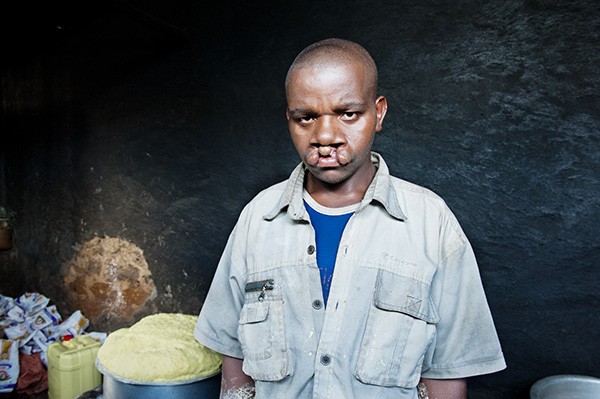
Through our work in Rwanda, we've built a relationship with Enok, a man from a rural village who didn’t receive surgery until he was 25 years old. Before his surgery, he would cut through back alleys and gardens to avoid being tormented on his way home from work. Though he was employed as a baker, he worked in a way that was separate from his fellow workers – hidden away in the back of the bakery. You could read the anguish and defeat in the lines of his face – from being pushed aside to the margins of his community for all those years.
The personal transformation he underwent after surgery is precisely why we do what we do. It’s easy to see when you look into his eyes now. Fully engaged with his community, he’s proud to have a more visible role at the bakery and stops to chat with friends and neighbors on his daily walk home. Today, he's married and the proud father of his first child. He even told a neighbor with a cleft condition about Operation Smile and encouraged her to seek treatment at an upcoming medical mission.
We can talk about how many medical missions we conduct or how many surgeries we perform in any given year, but stories like Enok’s showcase the true human impact of our work. His community is undoubtedly a better place now that his dignity has been restored.

Latest Stories

Beyond Surgery: Inspiring Moments with Operation Smile in Peru

Meet Camila and Mateo and Their Moms

